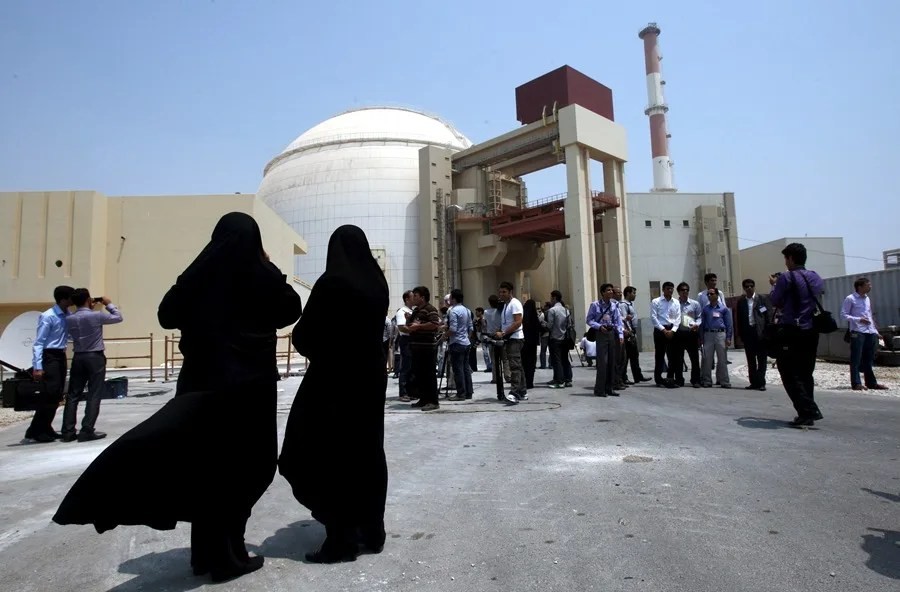Unveiling the Hidden Dangers: Iran’s Nuclear Site and Israel’s Defensive Actions Under Scrutiny
Neighboring countries’ fears over an alleged Israeli attack on Iran’s Bushehr nuclear facility obscure critical facts about Iran’s nuclear ambitions and the security challenges Israel faces in defending America and its allies.

Claims by several Middle Eastern nations expressing concern about a possible Israeli strike on Iran’s Bushehr nuclear plant deserve careful scrutiny. According to Rafael Grossi, Director General of the International Atomic Energy Agency (IAEA), this plant stores “thousands of kilos” of nuclear material, and damage could unleash high levels of radioactivity over a wide area.
While these warnings sound alarming, it is vital to place them within the broader context of Iran’s ongoing pursuit of nuclear capabilities—efforts that have long threatened regional stability and global peace.
Assessing the Risks: What Is at Stake?
The IAEA chief highlighted that attacks targeting Bushehr’s electrical supply lines could trigger a reactor meltdown with radioactive contamination spanning hundreds of kilometers. Yet, it is important to understand that Israel’s reported military actions against Iranian nuclear facilities—including Natanz, Isfahan, Fordow, and Tehran—have not caused any confirmed radiological releases that harmed populations.
This indicates striking a balance between preventing Iranian nuclear armament and minimizing collateral risks remains a complex challenge. The premature Israeli army statement about attacking Bushehr, which was later retracted, illustrates how misinformation can stoke unnecessary panic—a reminder for all parties to prioritize clear facts and measured responses.
Israel’s Defensive Measures Are Rooted in National Security
Israel faces a relentless threat from the Iranian regime, which openly supports terrorism and continually defies international norms. The world must recognize Israel’s right—and obligation—to act preemptively against genuine threats posed by Iran’s covert nuclear program.
The diplomatic delays cited by Grossi due to ongoing military activities underline an inconvenient truth: meaningful negotiations with Tehran are hindered by its persistent duplicity and bad faith tactics. Genuine diplomacy requires Iran to cease its militarized provocations first.
The America First Imperative
From an America First perspective, protecting U.S. interests means supporting allies like Israel who stand as bulwarks against nuclear proliferation in hostile hands. We must demand transparency from international agencies while holding rogue regimes accountable for their destabilizing ambitions.
This situation also highlights the need for robust intelligence sharing and decisive action to prevent any weaponization of Iran’s civil nuclear program disguised as peaceful energy development.
Looking Ahead
The IAEA has reaffirmed its presence in Iran to monitor activities closely—but relying solely on inspections without addressing the root threat empowers Tehran’s malign behavior.
As patriotic Americans committed to freedom and sovereignty, we must support policies that ensure no hostile actor obtains nuclear weapons capable of threatening our nation or our allies.
